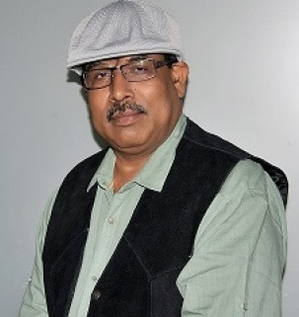Space sector start-up Sisir Radar to develop SAR on L/P band SAR
Space sector startup, Sisir Radar Private Ltd has hit success at the prestigious iDEX DefSpace Challenge with its projects for development of “L/P band Continuous Wave SAR (synthetic aperture radar) payload for LEO Small Satellites” and “Unfurlable, Electronically Steering Antenna for L/P band SAR payload” for Indian Air Force (IAF), said a top company official.
The company is promoted by former Director at the Indian Space Research Organisation (ISRO) Tapan Misra and the brains behind the Indian space agency’s RISAT series of SAR satellites as well as the Dual Frequency SAR on the Chandrayaan 2 orbiter that is currently circling the moon.
“A grant of Rs 3 crore is also there for development of the products,” Misra told IANS.
Synthetic Aperture Radar or SAR is a special kind of imaging radar technology that can provide extremely accurate high resolution imagery of the terrain through clouds, smoke and dust even in pitch dark conditions. SAR imagery provides much higher resolution than other forms of remote sensing technology such as hyperspectral and multispectral. SAR is a critical technology for strategic reconnaissance and planning as well as for disaster management.
According to Misra, winning the challenge in just over a year of floating the company is a major booster.
He said L and P band SAR have an advantage over other frequencies (like X band) when it comes to penetration capabilities through rain, clouds, foliage and vegetation in a tropical country like India, and underground penetration capabilities in dry terrain.
Continuing further, he said the L band SAR will provide 1 metre resolution, spotlight resolution in Stripmap mode. The current industry standard is 5-10 metre in L band. Misra said both the L and P band will operate simultaneously from a satellite borne SAR. Recently, Sisir Radar successfully developed and tested the world’s highest resolution L-Band SAR fitted on a drone. With 0.2 metre resolution, this is by far the highest L band SAR in the world, he said.

